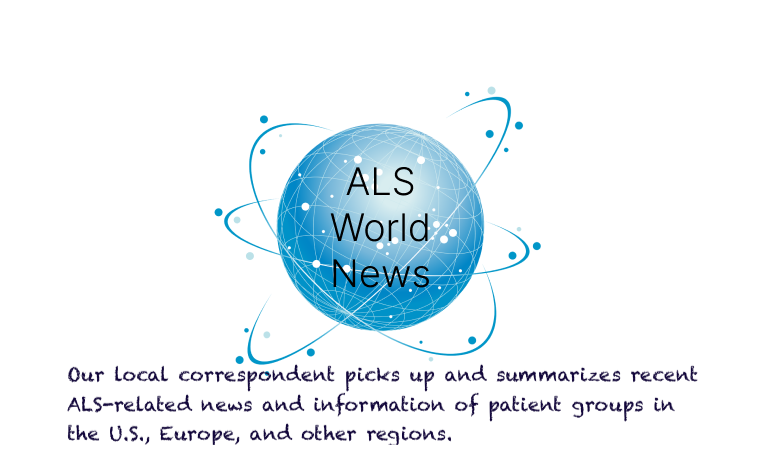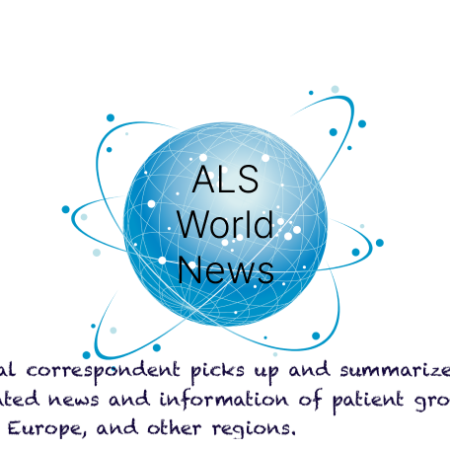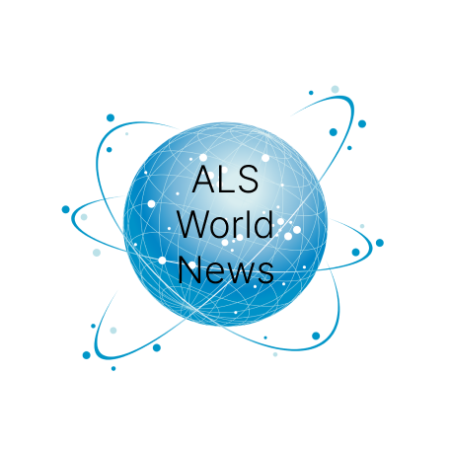Genetic mutation discovered, published by Duke University, North Carolina, USA.
As of 2020, 48 ‘confirmed reverse ALS patients’ have been reported worldwide. (Note 1) The symptoms of ALS patients do not reverse (normalise) and usually worsen after diagnosis, although the speed of deterioration varies between individuals. However, several patients worldwide have had clinically significant and persistent reversals. Specialists have documented reports of patients going from wheelchair-bound to wheelchair-free, for example, and continuing to do so for many years afterwards. Why this dramatic reversal phenomenon has occurred in some patients when no cure has yet been found has long been a mystery, but recently Duke University has published a link to a genetic mutation that may explain it. The researchers, a team led by Dr Bedlack, a world-renowned
Although the study involved a small sample size of only 22 reverse patients and 243 typically progressive ALS patients, a whole genome sequencing comparison study between the two groups highlighted this genetic variant. The genetic variant is a SNV (Single Nucleotide Variant) in a non-coding region within the gene IGFBP7. The IGFBP7 gene is associated with the expression of a protein called IGFBP7. This IGFBP7 protein has been reported to block the receptor IGF-1, which activates the neuroprotective IGF-1 signalling pathway. In other words, there is an important biological relevance of blocking neuroprotection. However, it has been hypothesised that, in Reverse patients, the expression of IGFBP7 is reduced due to this SNV variant they carry, resulting in the neuroprotective action being unblocked, i.e. their motor nerves are protected.
It is hoped that these findings will focus attention on the IGFBP7 gene, the IGFBP7 protein and IGF-1 signalling, suggesting new and potentially effective treatments. The HIV drugs that are currently saving many lives around the world were inspired by a particular genetic mutation in patients who were exposed to the HIV virus but did not contract AIDS. We hope that something similar will happen with ALS disease, a topic that is expected to continue as several additional studies are needed to validate the role of IGF-1 signalling in ALS disease.
https://www.neurology.org/doi/pdfdirect/10.1212/WNL.0000000000209696

Schematic representation of the putative role of the promoter region SNV rs4074555 alternative allele in reducing IGFBP7 expression and subsequently leading to a relative increase in IGF-1 signalling. This is hypothesised to benefit ALS patients.
9 Aug 2024 Reported by Nobuko Schlough, USA.




